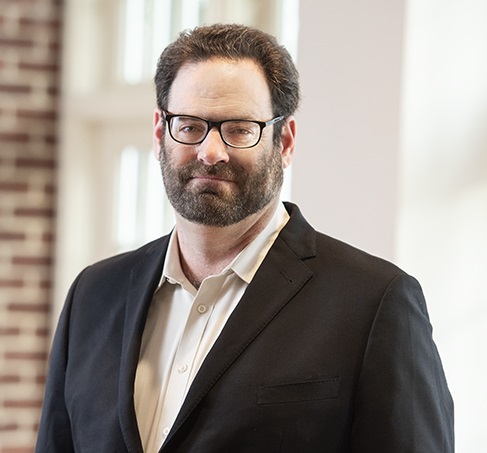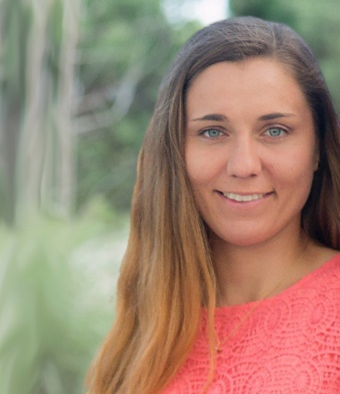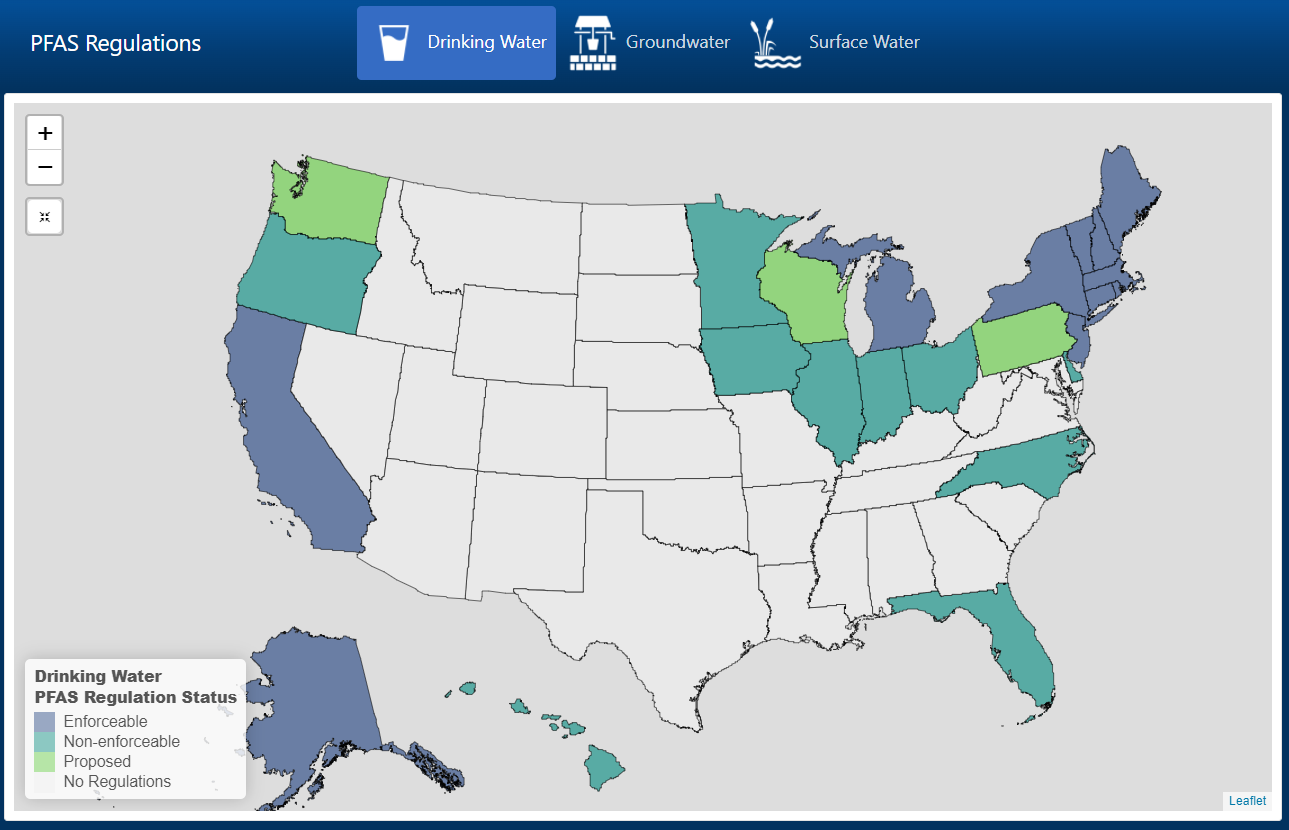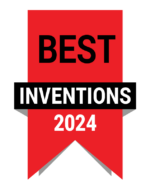Thirsty to know more about PFAS regulations in your state?
State drinking water, surface water, and groundwater regulations are now all in one place—through an easy-to-use, interactive map.
Regulations on per- and polyfluoroalkyl substances (PFAS) vary by state and continue to evolve. Integral Consulting first developed a map on drinking water regulations in November 2021—now you can see Integral’s latest update, which adds groundwater and surface water regulatory criteria.
Integral’s map tracks current and pending enforceable and non-enforceable PFAS regulations on drinking water, surface water, and groundwater. The goal is to provide an easy-to-use PFAS regulatory resource that is current, complete, and loaded with helpful references. The updated map incorporates even more of the great features requested by early users. Click on the map to find them.
“This tool provides all those interested in PFAS regulations with a quick, accurate, and comprehensive look at developments across the country,” says Integral Managing Principal Avram Frankel, P.E. A consulting engineer and testifying expert, Mr. Frankel has more than 30 years of experience in site remediation, aquifer restoration, and groundwater treatment. He has presented webinars on PFAS remediation and environmental issues with Regenesis and with the National Groundwater Association, and has served on expert panels related to PFAS.
Map Methods
Integral developed the map as part of its research to compose accurate and current information on state regulation of PFAS. The primary sources were state government websites, publications, and communications. The team conducted a two-party quality assurance/quality control check to ensure the accuracy of the information. To our knowledge, this is the most complete compilation of publicly available PFAS water regulatory criteria. Feel free to reference them, as needed.
Avram Frankel and Logan Uselman led Integral’s PFAS regulation map team. Integral also will be releasing map updates with other PFAS regulations in the coming months.
________________________________________________________________________________
About the Contributors
 Avram Frankel, P.E.
Avram Frankel, P.E.
Managing Principal, Integral Consulting Inc.
Mr. Avram Frankel is a professional engineer, technical expert, and program manager with more than 30 years of experience on a wide range of commercial/industrial, municipal, state, and federal sites regulated under CERCLA, RCRA, TSCA, and numerous state programs. A civil and environmental engineer licensed in California, Oregon, Washington, Colorado, and Georgia, Mr. Frankel provides his clients with strategic management and technical analysis in support of due diligence, redevelopment, technology evaluation, site investigation, water treatment, remediation, and legal/litigation matters. With a focus on enhancing health and safety, restoration of drinking water aquifers, and delivery of potable water, he has overseen the design, costing, installation, and optimization of groundwater remediation and water treatment systems across the U.S. over a wide range of site scales, geologies, and technical complexities. Mr. Frankel has also spent a large portion of his career addressing emerging contaminants of the past and present, including hexavalent chromium, perchlorate, PFAS, and 1,2,3-trichloropropane. He has also served as a consulting and testifying expert on numerous litigation matters, including pre-trial and trial testimony.
 Logan Uselman, Ph.D.
Logan Uselman, Ph.D.
Senior Scientist, Integral Consulting Inc.
Dr. Logan Uselman is an environmental scientist with a focus on fate and transport of contaminants in both surface and subsurface settings. She has experience with environmental remediation, environmental quality monitoring, data analysis, and inorganic and organic chemistry. She has 2 years of environmental consulting experience and 6 years of experience assessing mobility and source identification of trace elements in aquatic settings. Dr. Uselman is proficient in ArcGIS, Surfer, and other data visualization software. She has organized and led field sampling campaigns, laboratory analysis, and data interpretation. Dr. Uselman has a passion for effective science communication and has presented her work at both national and international scientific meetings and amongst stakeholder groups.

 Americas
Americas Europe
Europe Français
Français Deutsch
Deutsch Italiano
Italiano Español
Español




